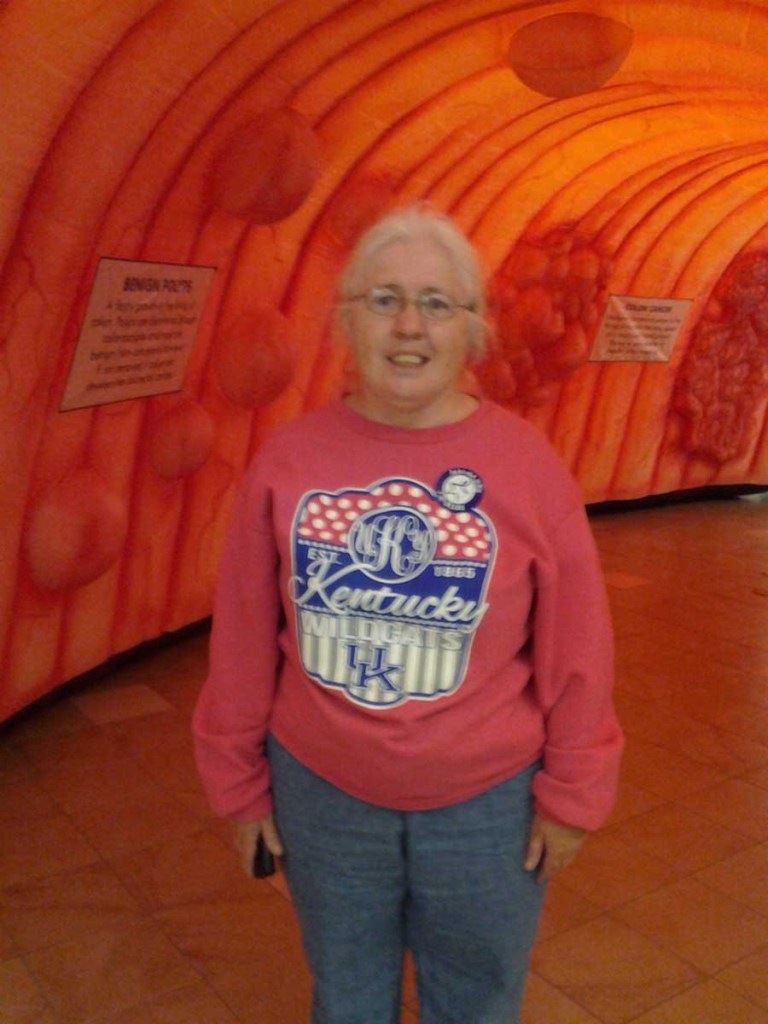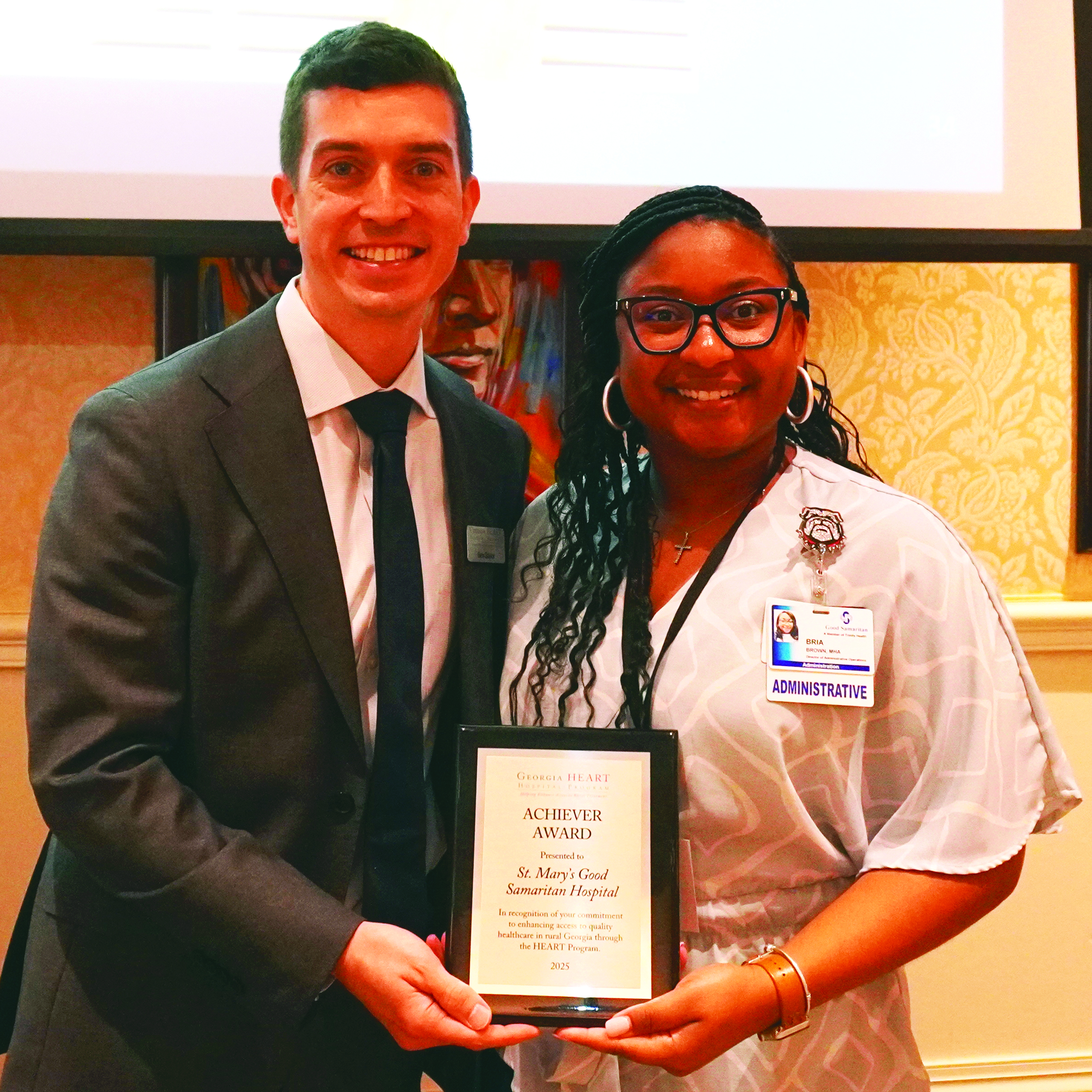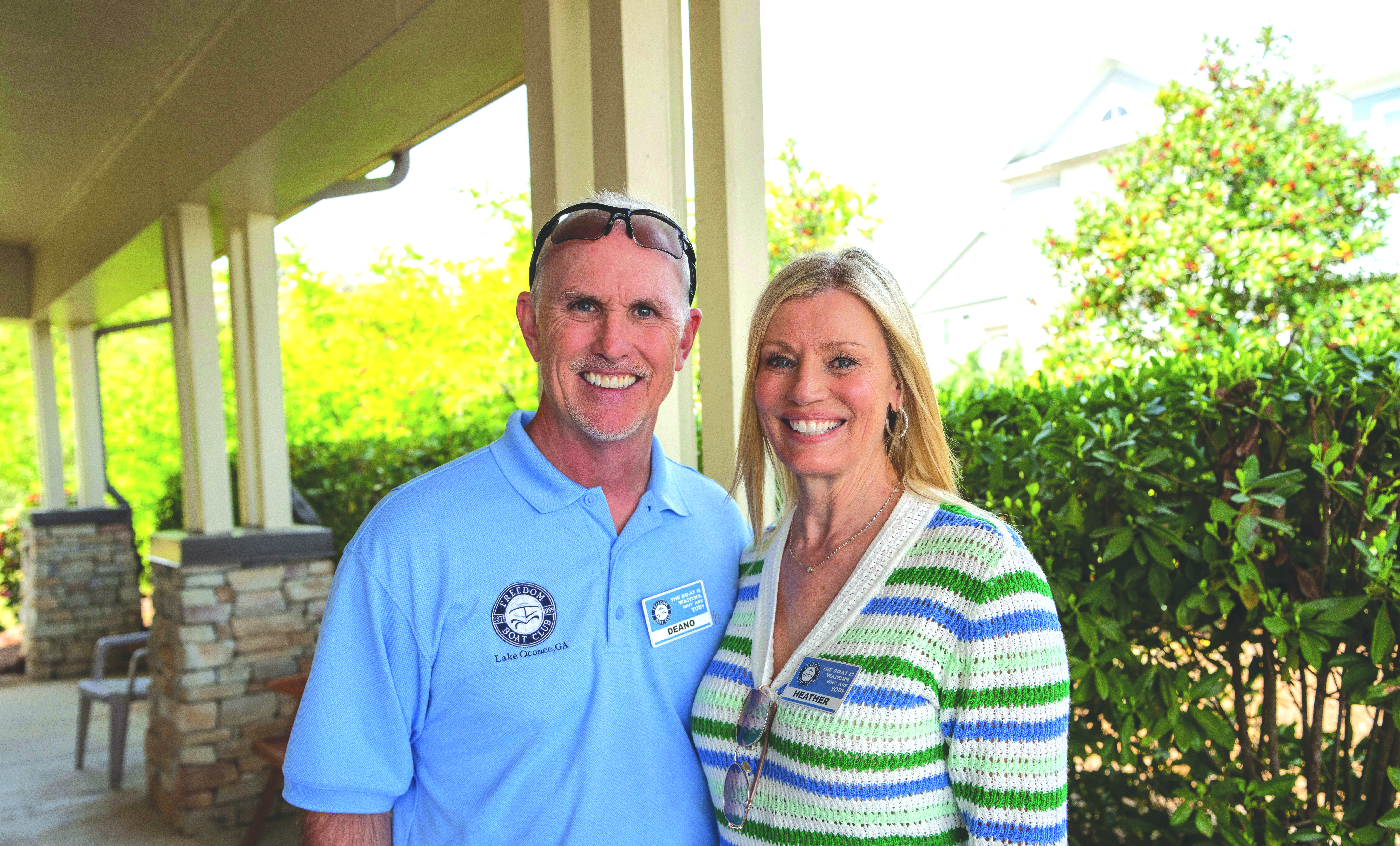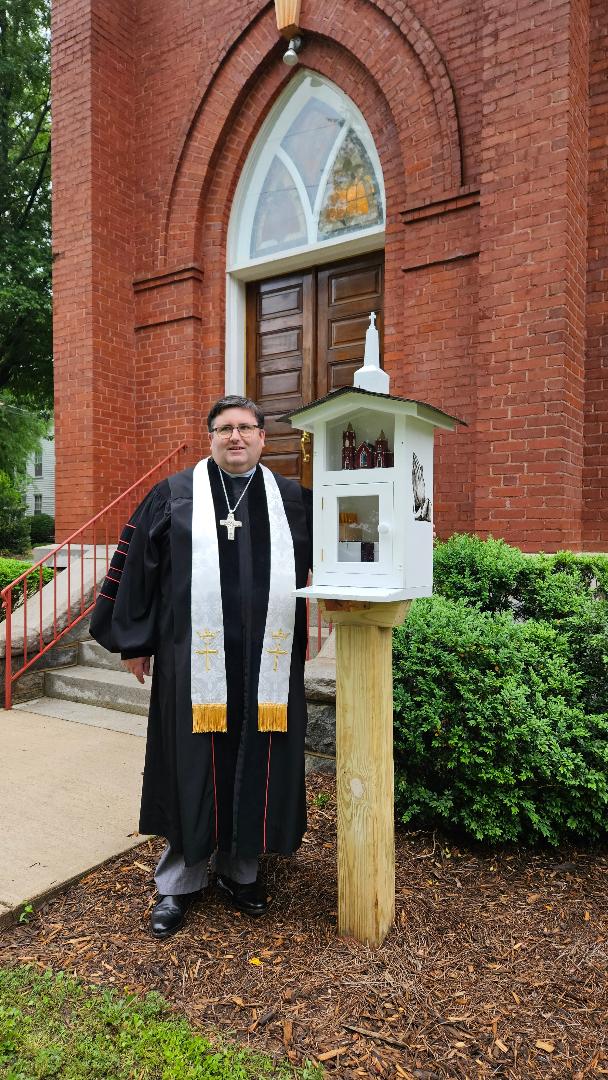Giant colon in Ky. mall promotes health education, raises cancer awareness
Published 1:15 pm Tuesday, March 22, 2016

- Ethel McMillan of Grayson, Kentucky walked through the giant inflatable colon that was set up to raise cancer awareness in an Ashland, Kentucky mall Friday.
ASHLAND, Ky. — The giant pink tunnel looming over the central concourse of an eastern Kentucky mall Friday was an attention-grabber — a very good thing according to the health care professionals who waited in its shadow.
That is because the tunnel represented a human colon, and inside it were super-sized representations of the unseen and unsensed but ominous growths that indicate colorectal cancer.
Like so many others used to raise awareness and educate individuals across the country, the giant colon display was set up in Ashland Town Center Mall in Ashland, Kentucky for National Colon Cancer Month, which is commemorated annually in March.
Colorectal cancer is particularly prevalent in Kentucky, with rates that exceed the national average, said Becky Simpson, regional cancer control specialist with the Kentucky Cancer Program.
According to the American Cancer Society, colorectal cancer is the third most common cancer diagnosed in both men and women in the United States, excluding skin cancers.
It is one of the most common forms of cancer and among its risk factors are health characteristics that are common in Kentucky and nationwide: smoking, obesity, lack of exercise and diets high in fatty foods.
If left untreated, it often is fatal.
But early detection increases the chance of prevention or successful treatment, and that is what the event was meant to emphasize.
In more advanced stages, symptoms include blood in the stool, changes in bowel habits, cramps, weight loss, fatigue and nausea.
But in its early stages, colon cancer has no symptoms, so screening is essential for detection in time to treat it. Anyone 50 or older should be screened regularly, according to Amy Shepard, a local medical center oncology nurse. Younger people with other risk factors, such as a family history of colon cancer, may also need screening.
Screening typically is done via colonoscopy, in which a doctor inserts a flexible lighted tube to check for polyps or cancerous growths. The procedure is done under anesthesia.
There also is a test that can be done at home that checks for blood in the stool.
Colonoscopies typically are covered by health insurance. For people without insurance in six U.S. states, free or low-cost colorectal cancer screening is offered via the Center for Disease Control’s (CDC) Colorectal Cancer Control Program (CRCCP).
A common barrier to screening is fear of the colonoscopy, Nikki Layne, an oncology nurse at an Ashland hospital, said. Some individuals fear the anesthesia and others are resistant to the preparatory procedure, which requires complete emptying of the colon and can involve discomfort.
However, newer preparation products make the process easier, Simpson said.
Awareness efforts appear to be productive, because more people are being screened, Layne said. Also, more cases are discovered in the early, more treatable stages, she said.
There are tests for certain genetic predispositions for colon cancer, including for Lynch Syndrome, Margaret Ward, a local nurse practitioner, said.
Those with the syndrome, an inherited condition, are more likely to get colon cancer or other related cancers before age 50, Ward said. For instance, those with the syndrome are up to 80 percent more likely to get the disease. Such people should be screened earlier and more often.
James writes for the Ashland, Kentucky Daily Independent.





